Bill To Ban Animal Testing For Cosmetics Has Been Reintroduced In The United States
The Humane Cosmetics Act (HR5399) has been reintroduced in the U.S. House of Representatives with bipartisan support from Representatives Don Beyer (D-VA), Vern Buchanan (R-FL), Tony Cárdenas (D-CA), Ken Calvert (R-CA), and Paul Tonko (D-NY).
The Humane Cosmetics Act would:
-
Make it illegal to knowingly conduct or contract for animal testing for cosmetic products in the U.S.
-
Prohibit the sale or knowing transport of cosmetics developed or manufactured using animal testing (anywhere in the supply chain).
-
Prohibit the establishment or continued enforcement of any state or local government measure, unless identical to the Humane Cosmetics Act (this provision could impact similar state animal testing bans for cosmetics in California, Nevada, and Illinois).
Eleven U.S. states have already passed similar legislation. California was the first to do so in 2018, followed by Nevada and Illinois in 2019, Virginia, Maryland, Maine, Hawaii, and New Jersey in 2021, Louisiana and New York in 2022. Most recently, Oregon banned manufacturers from selling or offering to sell cosmetics developed through use of cosmetic animal testing, which was signed by the Governor on August 1, 2023 and goes into effect on January 1, 2024.
ADI investigations have exposed the terrible torment endured by animals in cosmetic testing, including racks of rabbits restrained in stocks while products are dripped into their eyes, and guinea pigs suffering raw, inflamed skin lesions. Cosmetic testing typically involves:
-
Repeat dose toxicity, to observe chronic, long-term effects on organs: a product may be pumped down an animal´s throat or applied to its skin, or an animal might be forced to inhale it
-
Skin sensitization, to assess potential allergic reactions: may involve abrading the skin and deliberately causing painful damage
-
Carcinogenicity: animals are exposed to carcinogens and monitored for cell changes related to the development of cancer during or after exposure
-
Reproductive toxicity: animals are exposed to substances before and/or during pregnancy to test for poisonous effects, including its ability to reproduce, as well as damage to the fetus or its development.
A 2015 Gallup poll revealed that more than two-thirds in the U.S. reported that they are “concerned” or “very concerned” about animals suffering in research. One-third responded that animals should have the same rights as humans. A 2015 Nielsen poll found most consumers considered a “not tested on animals” label as the most important packaging claim; 43% were willing to pay more for such products.
As it stands, cosmetic companies must meet cruelty-free requirements for the 1.5 billion consumers in the global marketplace. Hundreds of cruelty-free cosmetic companies now thrive in North America, and the market increasingly demands humane products. At least 140 personal care product companies have endorsed the U.S. Humane Cosmetics Act.
If you live in the U.S., please ask your federal legislators to co-sponsor and support the Humane Cosmetics Act. Find your legislators HERE!


